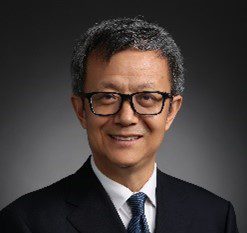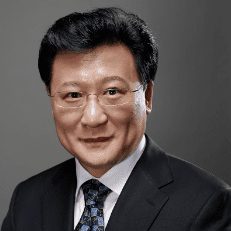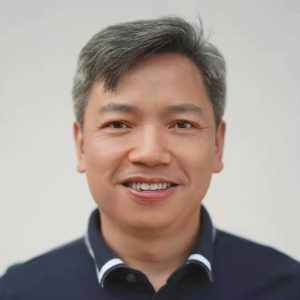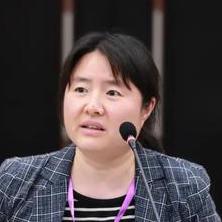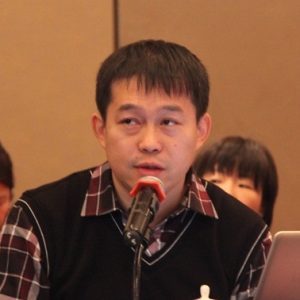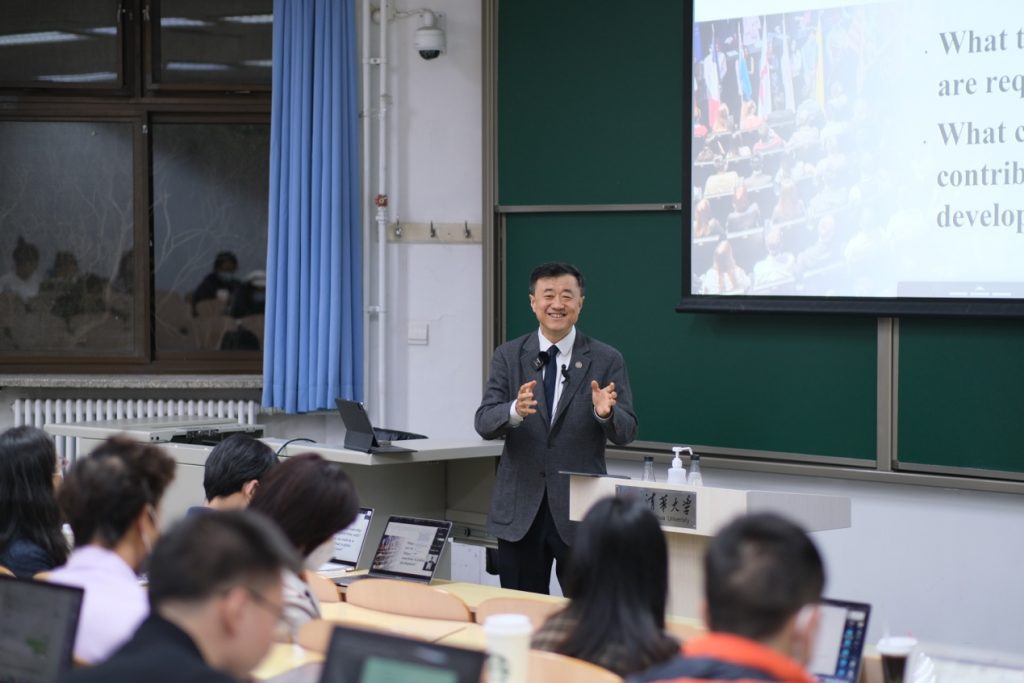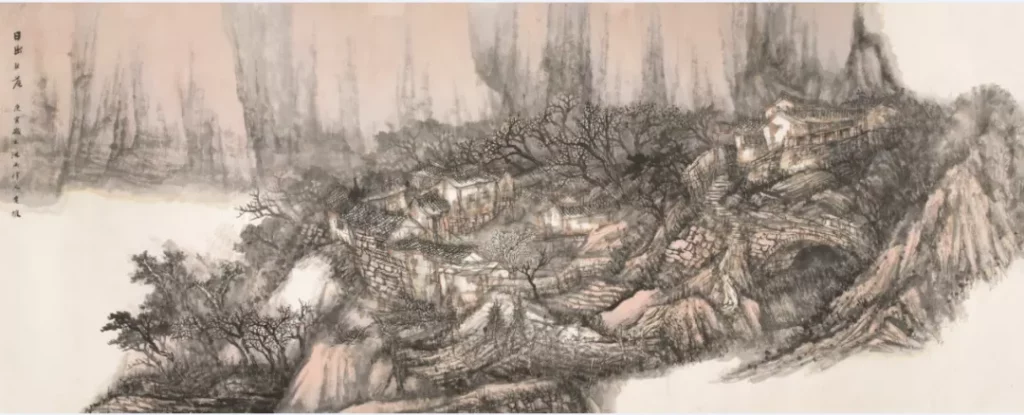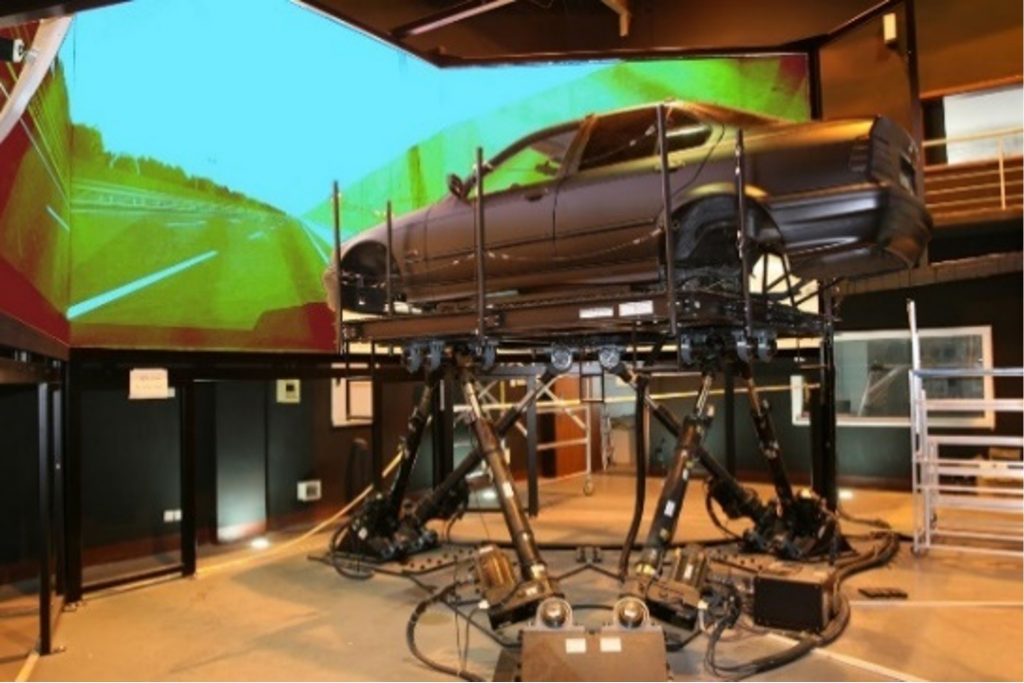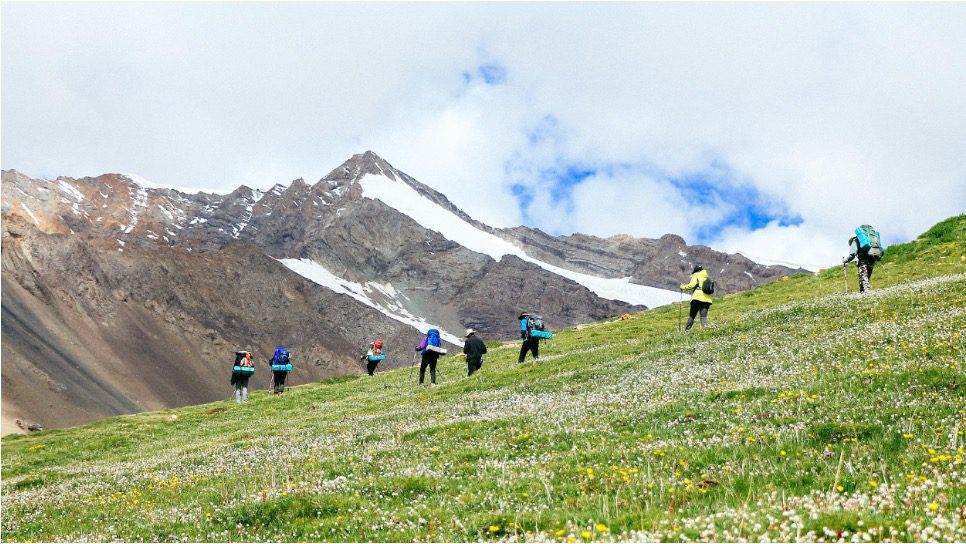This Global Open Course (launched by Tsinghua University) covers the global transition to carbon neutrality, the facts and impacts of climate change, key emission reduction technologies for carbon neutrality, climate change and carbon neutral environmental co-benefits, climate change and the effect on health of carbon neutrality, climate change economics, China’s carbon market policies and practices, climate change and carbon neutrality global governance. By taking this course, students can understand how the world can deal with the severe challenges of climate change through carbon neutrality.
“Carbon Neutrality: Why and How the World is Addressing Climate Change” will be taught by Professor ZHANG Xiliang, Associate Professor ZHANG Da, and Associate Professor TENG Fei from the Institute of Energy, Environment and Economy, Professor LUO Yong and Associate Professor CAI Wenjia from the Department of Earth System Science, Academician HE Kebin and Professor WANG Can from the School of Environment, as well as Associate Professor CAO Jing from the School of Economics and Management.
Course Timetable & Registration links:
Each session will be conducted in English and will be held from 19:20 pm to 20:35 pm every Friday night (GMT+8) from October 22 until December 10. Students will be able to register for each individual session and are welcomed to participate during the live interactive section.
In addition, with the generous support from XuetangX (co-founding member of the Global MOOC Alliance), we will convert (part of) the live lectures into a MOOC (Massive Open Online Course), so that learners from all time zones can enjoy it at their own pace. You can access the MOOC on “Carbon Neutrality: Why and How the World is Addressing Climate Change” here: https://www.xuetangx.com/course/goc092603/9792915
Format of classes: one hour of lecture (will be live-streamed and available for replay) and then followed by 15 minutes of live discussion (will not be live-streamed).
Registration link: https://us06web.zoom.us/webinar/register/WN_6Uw-wI_qTP2bHo6sfu753g
If for any reason that Zoom is not accessible, you are most welcome to watch the live stream (and replay) of the lectures at https://www.xuetangx.com/live/QQGKK20211022/QQGKK20211022/9884279/14901996
Registration now to attend live at https://us06web.zoom.us/webinar/register/WN_6Uw-wI_qTP2bHo6sfu753g
If for any reason that Zoom is not accessible, you are most welcome to watch the live stream (and replay) of the lectures at https://www.xuetangx.com/live/QQGKK20211022/QQGKK20211022/9884279/14901996

